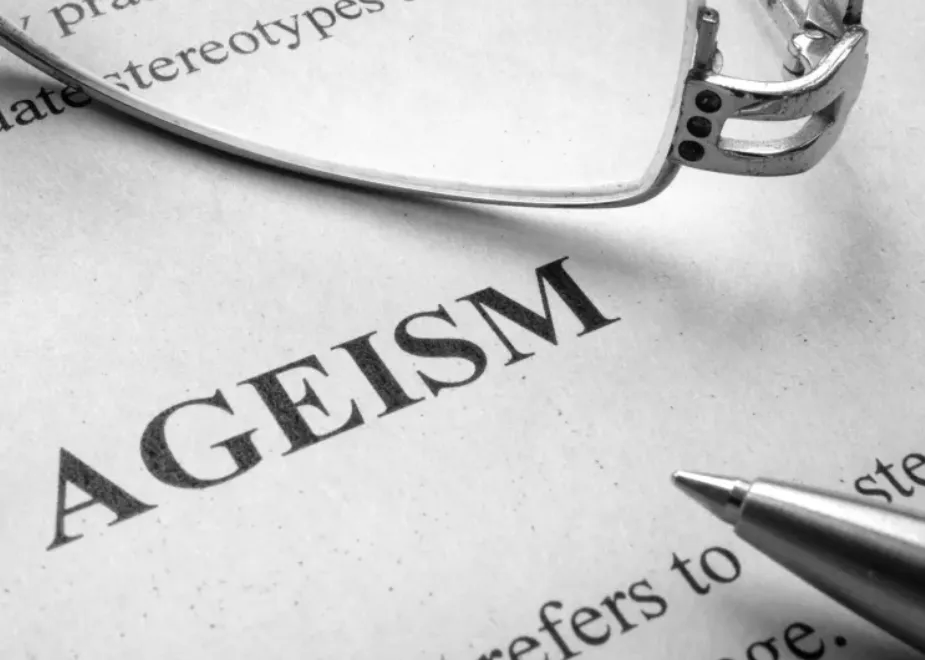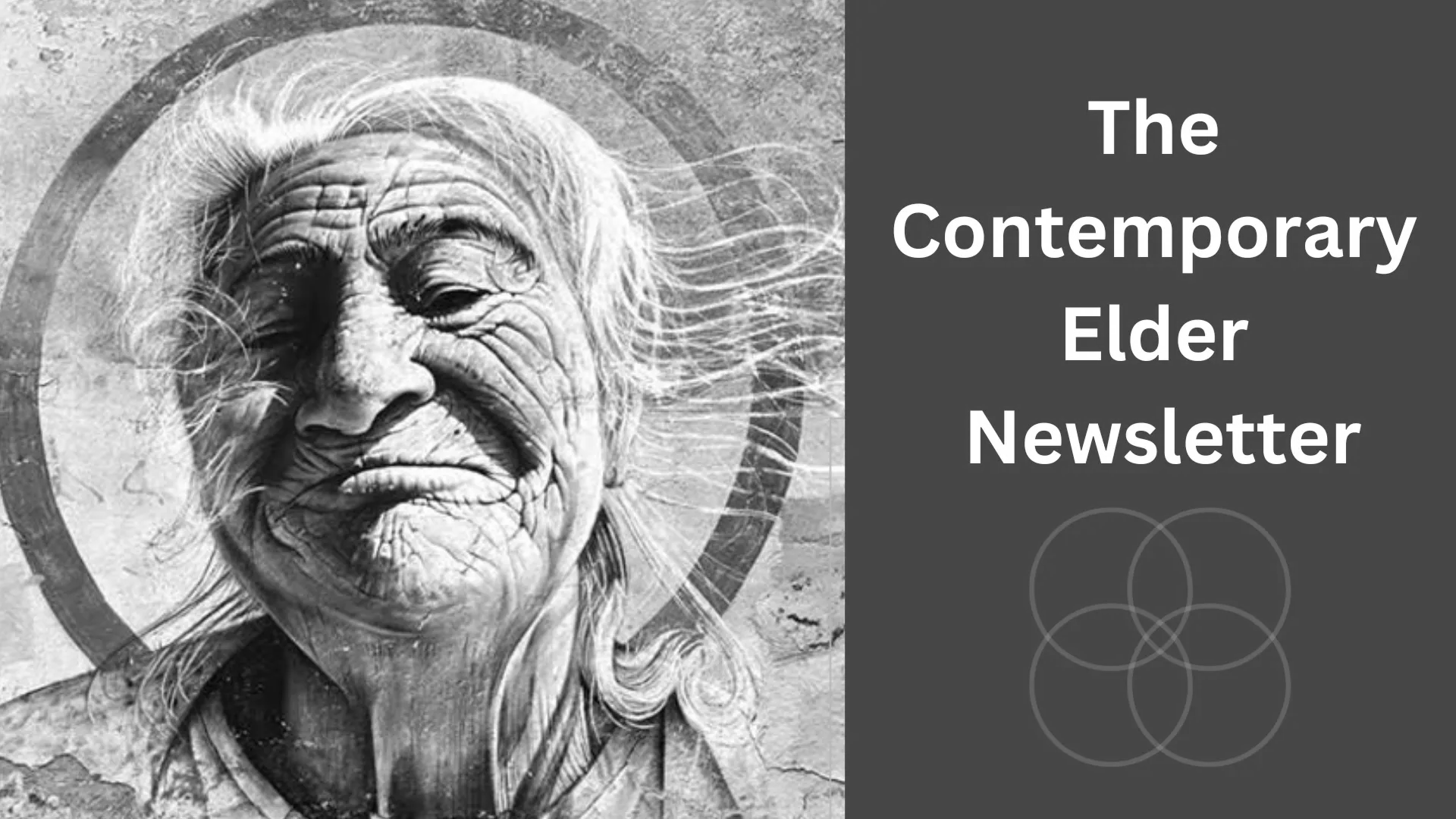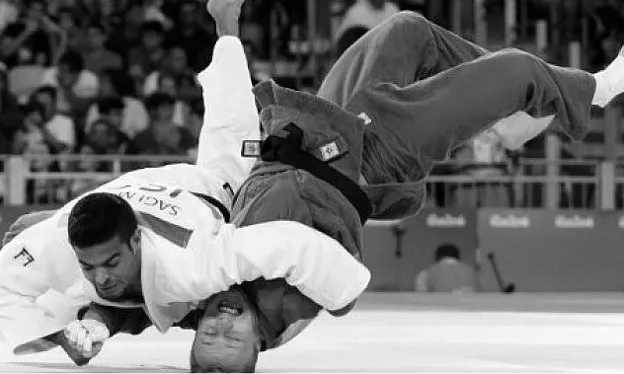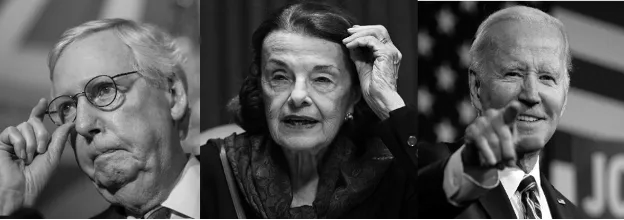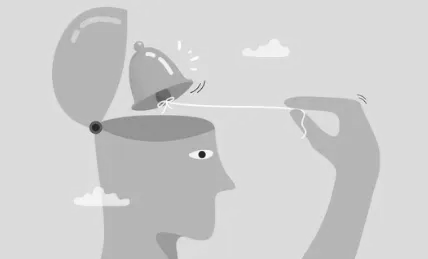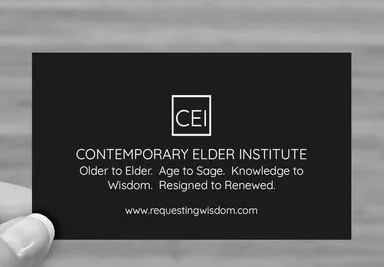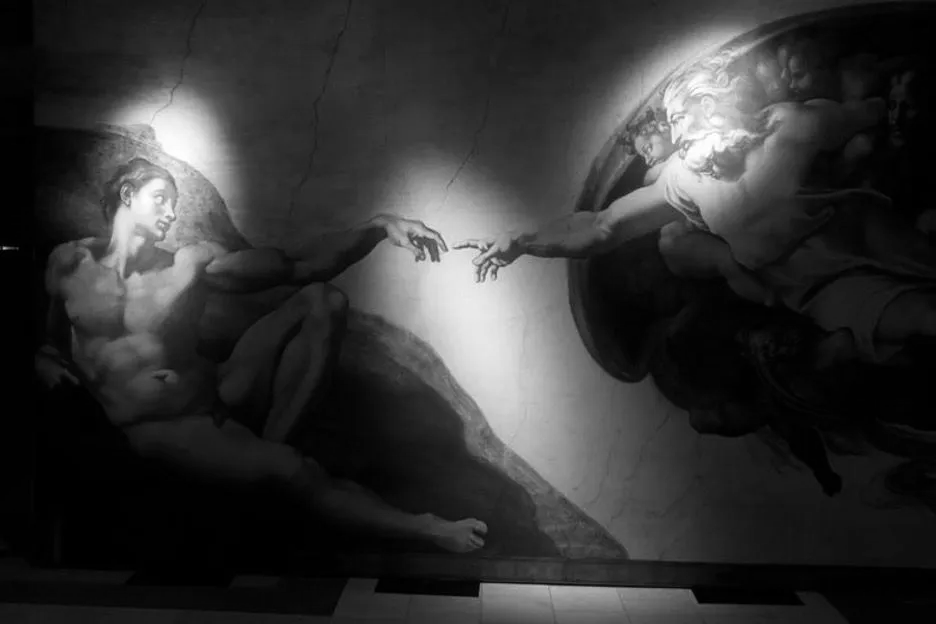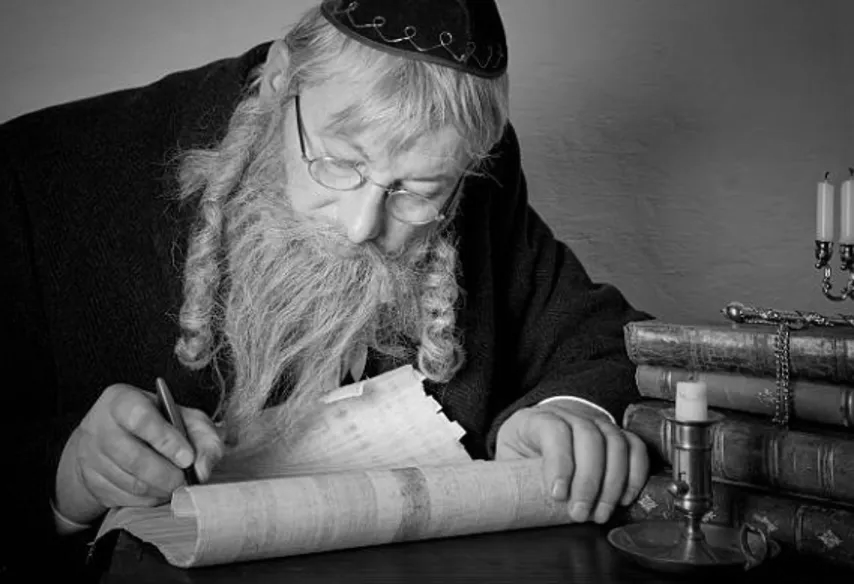WHO ARE YOU THAT DEATH IS?
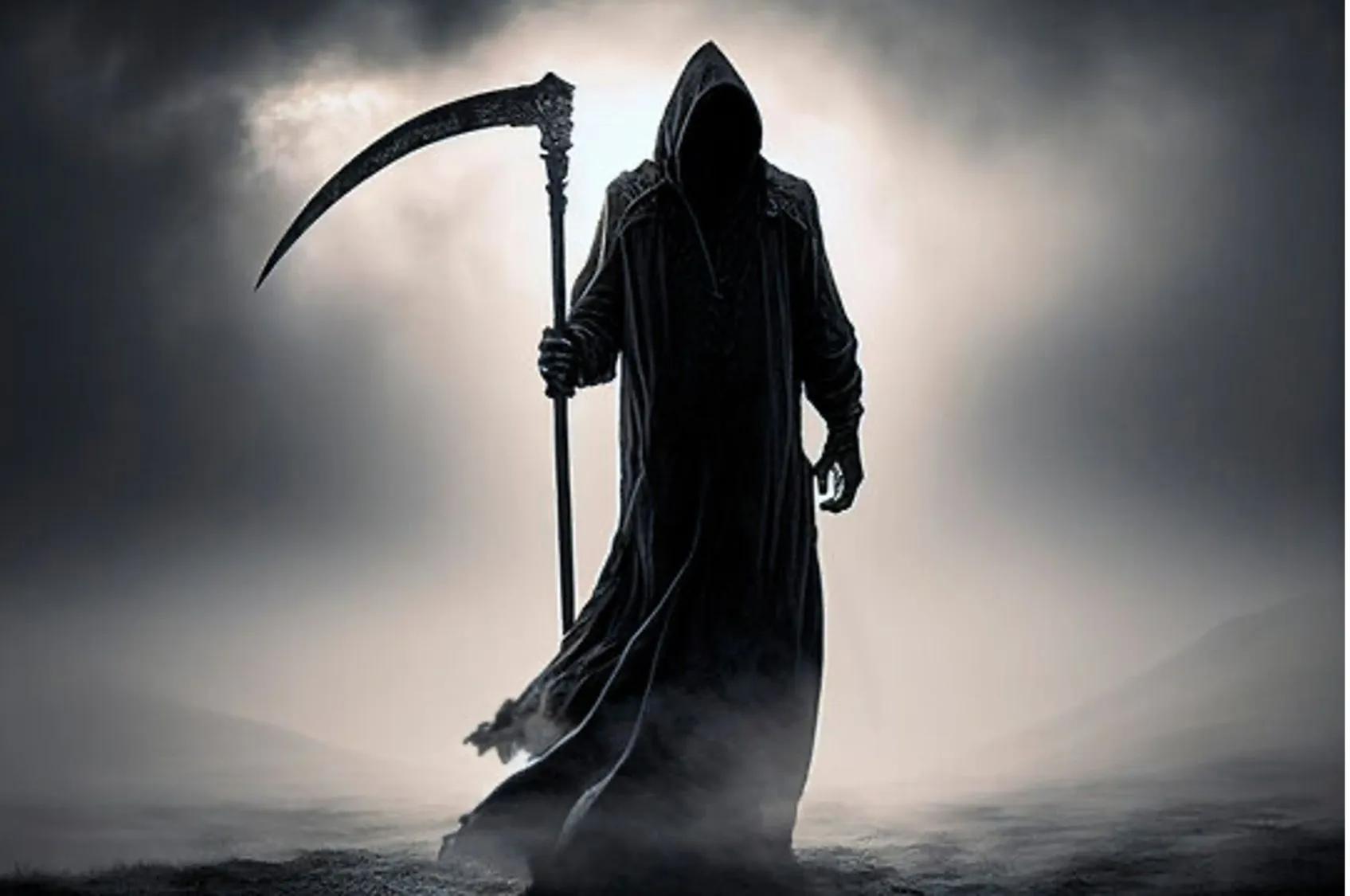
Who are you that death is?
Death is a cast-iron certainty. You, however, are not. How you relate to death directly impacts how you live your life. Embracing death allows a different relationship with death, a transformative relationship, a make-life more peaceful inside and out. From wherever you are now, till your life ends, you might be missing the gift that death is.
If you were to explore the possibility of death as I propose, look first at your current interpretation of death.
For you, it might mean the very end. The cessation of your existence. Lights out. Game over. Extinction. Darkness.
But that is one untested, unexamined, and unsubstantiated understanding of death. There is another.
Since death is unknowable, my answer is as good as yours.
I hold the other view; I live with and inside this other view, and I appreciate what the other view contributes to my daily life as lived.
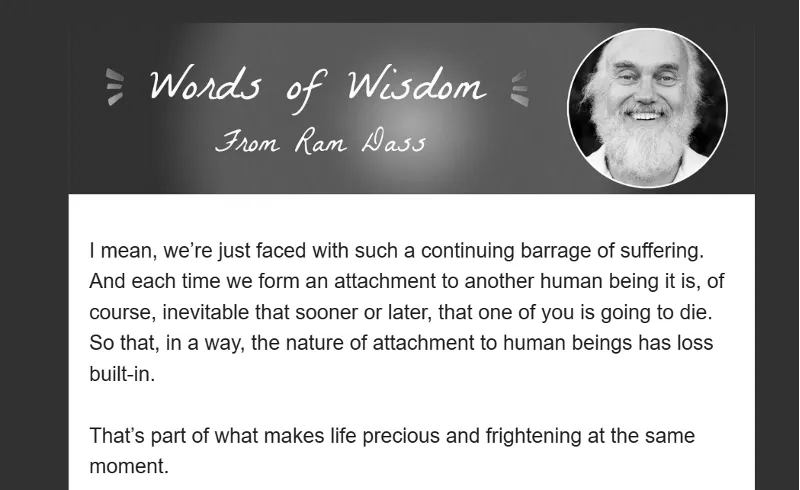
“Do Not Stand at My Grave and Weep”
"Do not stand at my grave and weep
I am not there. I do not sleep.
I am a thousand winds that blow.
I am the diamond glints on snow.
I am the sunlight on ripened grain.
I am the gentle autumn rain.
When you awaken in the morning’s hush
I am the swift, uplifting rush
Of quiet birds in circled flight.
I am the soft stars that shine at night.
Do not stand at my grave and cry;
I am not there. I did not die."
- by Mary Elizabeth Frye
“Dying well is not the end of parenting, but the fullness of parenting, not the end of a marriage, but the last great act of a married life. Dying well is a bequest that you leave to those you love, probably the only thing that in the end will not be eaten by moths, apportioned by lawyers, or bought for quarters in a yard sale. Dying well is the way you could be known by those you won’t live long enough to meet, the way by which they might feel loved by you after you die.”
― Stephen Jenkinson, Die Wise: A Manifesto for Sanity and Soul
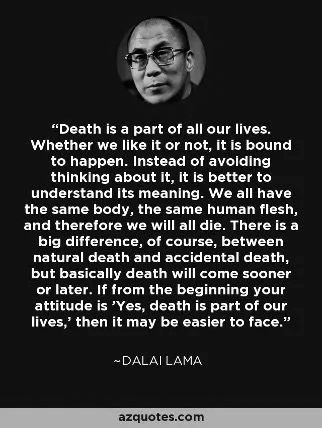
“We cannot be truly alive without maintaining an awareness of death. Death is not waiting for us at the end of a long road. Death is always with us, in the marrow of every passing moment. She is the secret teacher hiding in plain sight.”
- Frank Ostaseski (Author of The Five Invitations)
“What we call the beginning is often the end. And to make an end is to make a beginning. The end is where we start from.”
- T.S. Eliot
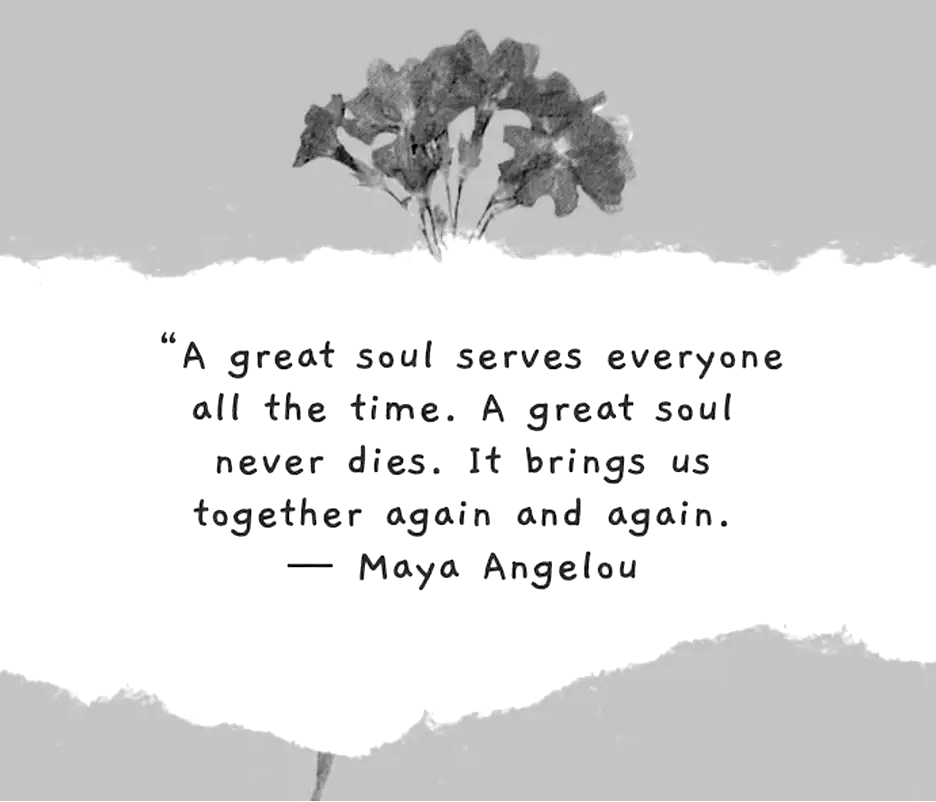
OpenAI/ChatGPT
The concept of a soul is often tied to religious, philosophical, and cultural beliefs, and interpretations can vary widely. In general terms, a soul is often considered an immaterial, eternal essence or spirit that is distinct from the physical body. Different belief systems provide various perspectives on the nature of the soul, its purpose, and its fate after death.
Different belief systems provide various perspectives on the nature of the soul, its purpose, and its fate after death.
1. Religious Perspectives:
· Christianity: In Christian theology, the soul is often regarded as the immortal and eternal essence of an individual. It is believed to be created by God and is the seat of a person's consciousness and moral responsibility.
· Islam: Islamic beliefs also include the concept of a soul, referred to as "nafs" or "ruh." The soul is considered a divine creation, and its ultimate fate is determined by one's deeds in life.
2. Philosophical Perspectives:
· Plato: Plato, in his philosophical teachings, described the soul as the immortal and unchanging aspect of a person. He divided the soul into three parts: reason, spirit, and desire.
· Aristotle: Aristotle, on the other hand, viewed the soul as the form of the body and emphasized its inseparable connection to the physical body.
3. Cultural and Spiritual Perspectives:
· Hinduism: In Hinduism, the concept of the soul is known as "Atman." It is believed to be eternal and undergoes a cycle of reincarnation, with the ultimate goal of achieving liberation (moksha).
· Buddhism: Buddhism generally rejects the idea of a permanent, unchanging soul. Instead, it emphasizes the concept of anatta (non-self) and teaches that individuals are subject to the cycle of birth, death, and rebirth.
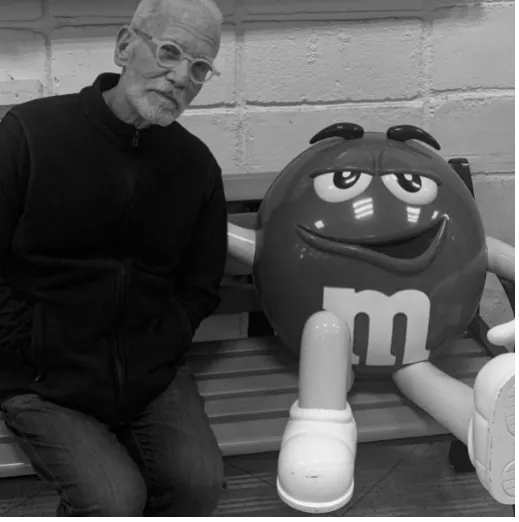
(Marc, After 5 Tequila Shooters)
You and I were born and raised in a Western culture, a culture based on scientific materialism, a culture that only understands the soul in terms of neurological and psychological processes, a culture that avoids rather than evokes the concept of an eternal soul. Much had to change for me. Much had to change in me.
For me, it was the hardest part of the journey of becoming a Contemporary Elder. My first insight was transcendentalism is inherent in every human being. The realization is that I, therefore, have the ability to transcend the self to the divine.
My access relied more on my intuition and allowing myself to have spiritual experiences. For me, it was and is best to access higher truths and insights. Truths that were already there, just submerged. Insights through meditation, contemplation, and self-inquiry rather than any mediated by religious dogma.
If God lives within, that’s where I go to access the divine.
Also, nature holds a central place for my transcendence. The natural world's incredible beauty, order, and harmony are direct evidence of a higher spiritual reality. Generating a deep connection with nature always brings me closer to the divine. That is why we do our retreats at Zion National Park. www.requestingwisdom.com/retreat [Limited spaces left].

